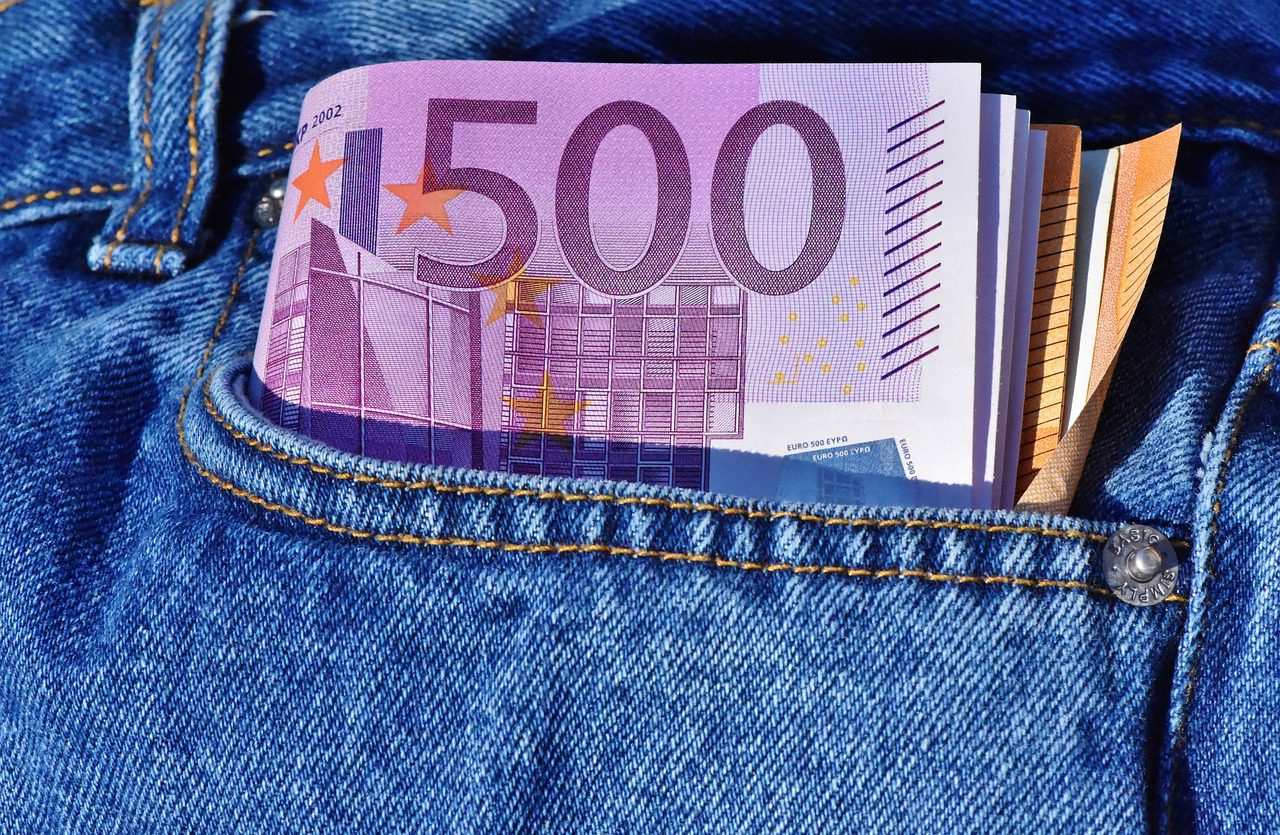
In contrast to the policy pursued by her predecessor Mario Draghi, Italy’s new prime minister Giorgia Meloni intends to promote cash payments in Italy.
Limiting cash payments has been a long-standing demand of Brussels to fight tax fraud. The commitment to comply with it is even one of the conditions for the granting of funds by European institutions. Italy has traditionally been a country reluctant to use electronic means of payment: according to statistics compiled in 2019, i.e., before the pandemic, Italians paid 82% of their transactions in cash, compared to the European average of 73%.
However, in her new draft budget currently under discussion in parliament, Giorgia Meloni wants to promote cash payments again, in two ways. First, by raising the authorised limits for this type of transaction: the threshold would rise from 2,000 to 5,000 euros, whereas Draghi had planned to lower it to 1,000 on January 1, 2023. Second, by allowing merchants to refuse payment by card up to 60 euros if they wish—compared to 30 euros until now.
Meloni justifies the policy change as one that will benefit those of modest means. The measures would mainly benefit small craftsmen and traders, who are part of Meloni’s electoral base. According to her, electronic payments are accompanied by excessive bank fees that have no other objective than to fatten financial institutions at the expense of ordinary citizens: “It is no longer tolerable to impose a hidden tax on the economy, with the aim of fattening the banks, spying on consumer behaviour, and making easy money,” she explained a few months ago. This argument is refuted by the banking world’s technicians because commissions also apply when cash is withdrawn from an ATM.
Her opponents criticise the policy as a means to encourage the underground economy, to which Meloni replied that the two countries of Germany and Austria, where there is no ceiling for cash payments, do not suffer from a sprawling underground economy. “There is no link between the cash ceiling and the underground economy,” she says.
The Bank of Italy has expressed reservations about the relevance of the reform. Fabrizio Balassone, an expert at the central bank, voiced his concerns before the Italian Parliament: “Limitations to cash use pose a hurdle to several forms of crime and (tax) evasion.” The European Commission has also expressed its hostility to Meloni’s plan. The question before us is whether she will go to war to defend her policy.
